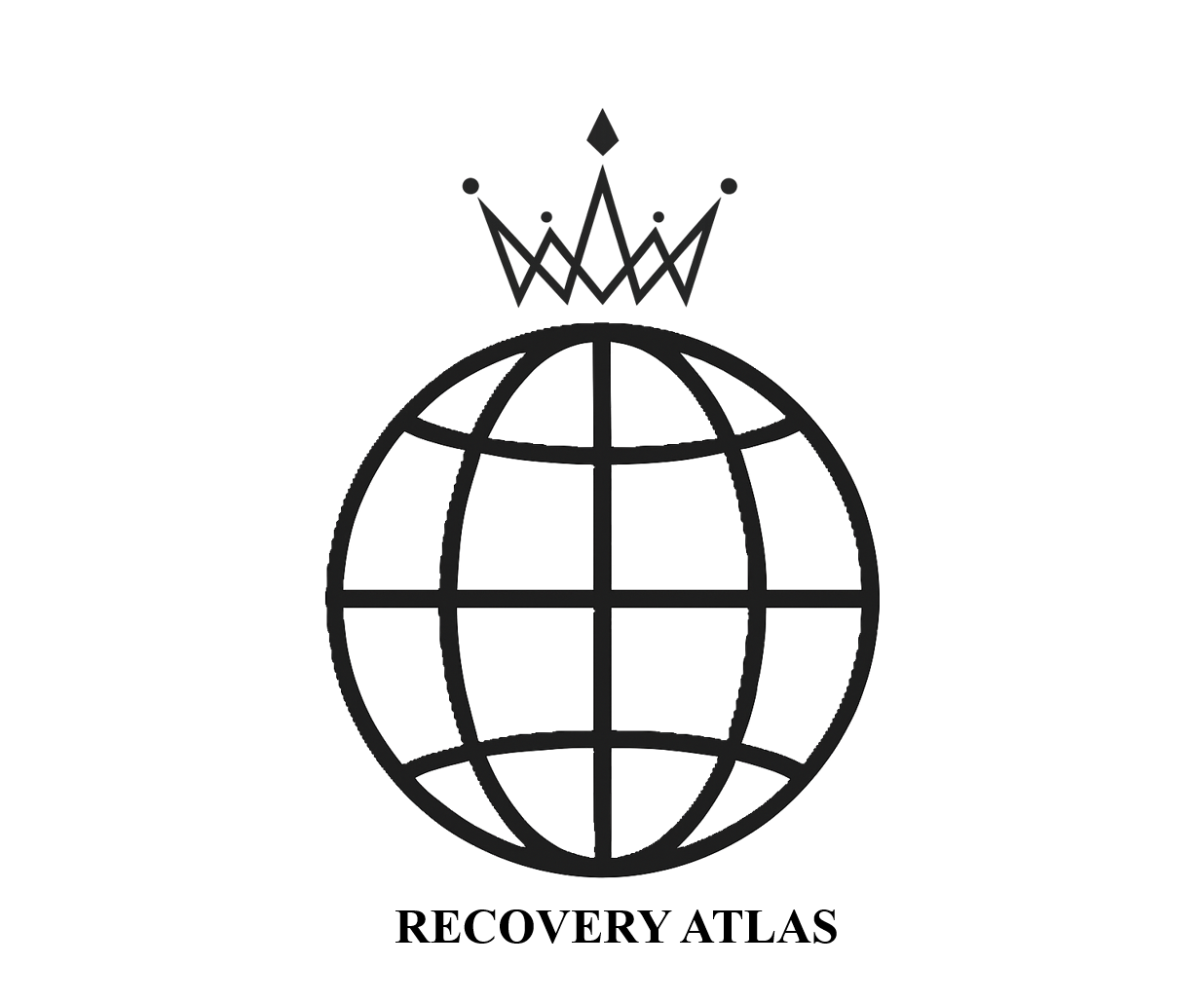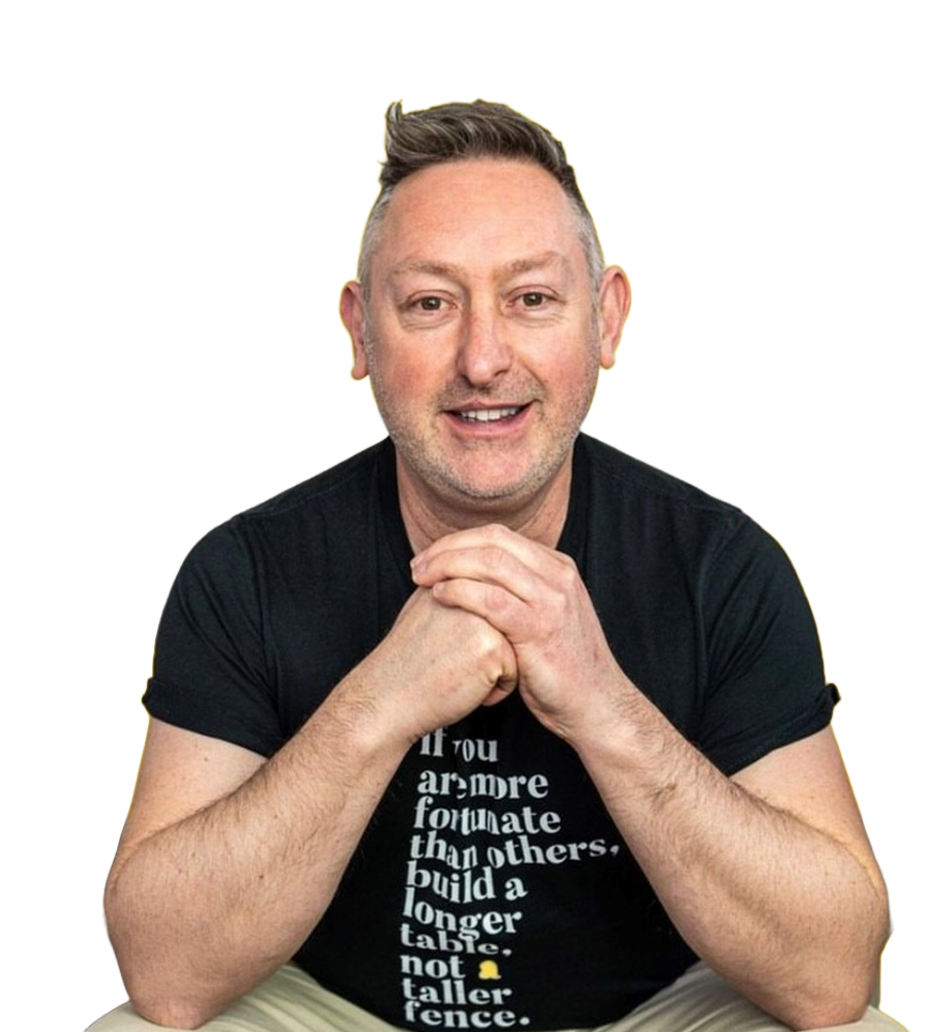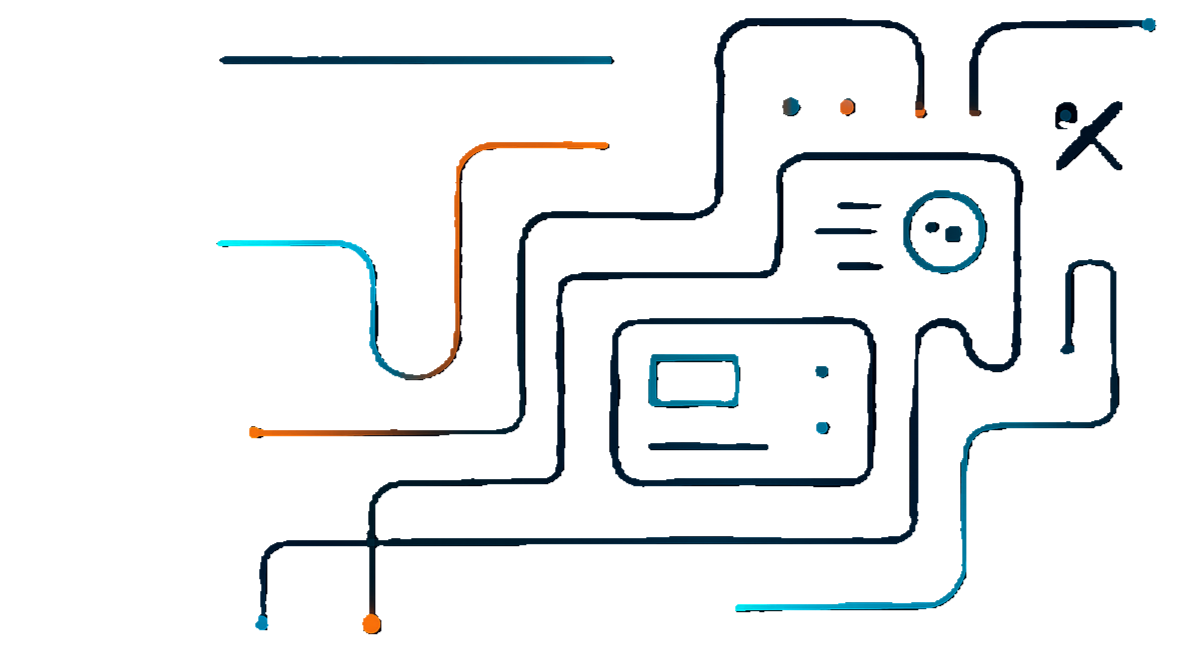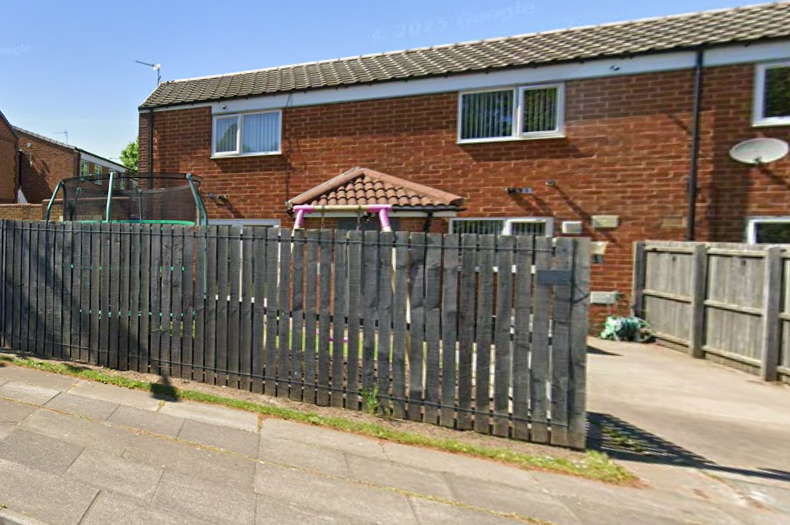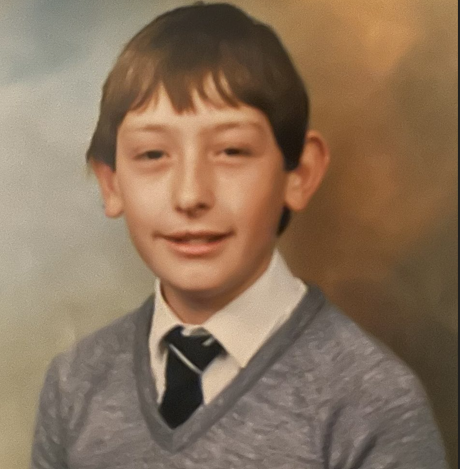Publishing
Evidence
Training
About
My childhood home in Middlesbrough
Old World Origins
I grew up in Middlesbrough, a small town in the North-East of England.
A place filled with brilliant and loving people. But the town was and still is often described as
“the worst place to live in the UK.”
The statistics told a damning story of high unemployment, low life expectancy, rising crime and violence of a place and people. I grew up on one of the worst council estates in that town, known as ‘The H-Block’ locally. It was named after an Australian TV series called ‘Prisoner Cell block H’ about life in prison.
Value was reserved for those who could produce and perform in school, at work, and in life. For the rest, there were labels and limits, stigma and shame, written as the chapters of an unchosen life story. That circuitry shaped my sense of identity and agency, narrowing my hope and telling me what was and wasn’t possible for ‘people like me’ from my neighbourhood.
That was the circuitry I was born into — a world wired for exclusion and hierarchy.
But these narratives didn’t match my views of the place, the people or the possibilities present. It was many years later that I began to observe how poverty and ‘powerlessness’ weren’t an accident, but a deliberate design feature. Behind those numbers were lives, stories, and systems—interlocking forces that shaped how policy, power, people and place collide.
I wasn’t supposed to make it out
The odds were stacked. The predetermined script was already written. I should have joined my friends and neighbours as another statistic from that town born in the wrong postcode.
At age 13, I somehow caught a glimpse of another circuit. Standing at my bedroom window one summer morning in 1988, I was bored and began to daydream. After some time, my imagination took over and I began to see books, stories, and futures not yet written. That moment set me on a different path and a new trajectory.
Aged 13.
I got to re-write the script
I returned to my secondary school in my penultimate year, still in the bottom set for all my subjects, and I began raising my hand and asking questions.
I went on to be the first person in my family to go to university. I graduated with a First Class Honours degree and went on to work for Cambridge University as a Senior researcher.
Over time, I realised that education didn’t have to be about drilling in facts and ranking young people into ‘top’ and ‘bottom’ sets, ordered by metrics and hierarchies. But there was a different way. A new way to plug into other possibilities, to connect to new currents, to illuminate futures that the old world said weren’t possible.
For more than two decades, I’ve taught in Russell group and post-92 universities, prisons, youth justice systems, and community halls. Working within the system, I’ve seen how the old circuitry of education and justice limits lives, looping power in closed circuits. Metrics, league tables, and assessments that can’t measure what matters. They can’t admit the limits of what they are unable to measure.
I began to rewire
My practice has developed a pedagogy of liberation — teaching and research that listens, affirms, and co-creates. Cultivating spaces where people reconnect with their power, rewrite their stories, and reimagine their futures.
This vision is now Switchboard Studio.
Through Switchboard, we Rewire knowledge, power, participation and practice.
Because the old world treats knowledge as capital - hoarded, extracted and controlled. The new world that you and I get to build treats knowledge as something that connects, should flow and is alive.
As Marcus Garvey said:
“The vision of self and the future have been the only means by which the oppressed have seen and realised the light of their own freedom.”
— Marcus Garvey
That vision carried me from a council house in Middlesbrough to the work I do today.
And it continues to guide me, as I help others get plugged in, switched on, and illuminated by the power of new circuits — generative, just, and alive.

